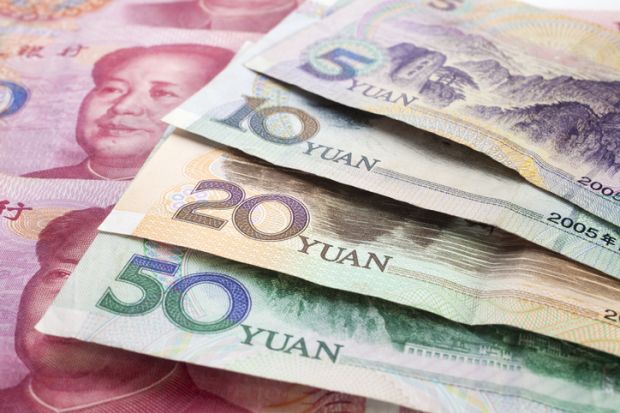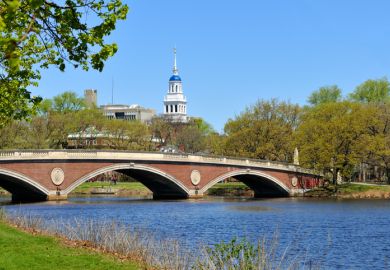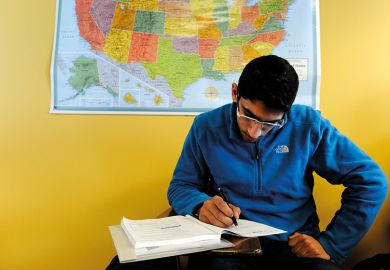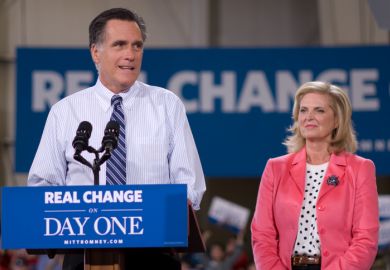The Trump administration is accusing Harvard and Yale universities of failing to report overseas contracts, ratcheting up its investigation into foreign influence in US higher education to academia’s highest levels.
Just two weeks after arresting the chair of Harvard University’s chemistry department on charges of secret ties to China, federal officials said both Harvard and Yale universities had “potentially failed to report hundreds of millions of dollars in foreign gifts and contracts”.
The complaints came in the form of letters from the US Department of Education to the presidents of the two Ivy League institutions, bringing them into a group of major US universities that have received similar demands for explanations in recent months.
The Education Department is threatening the institutions with heavy financial penalties under a long-standing law that requires foreign contracts to be reported, even though that law had been widely understood not to require the level of detail the Trump administration is now demanding.
“The more we dig, the more we find that too many are underreporting or not reporting at all,” said Betsy DeVos, the US secretary of education, in a statement announcing the letters to Harvard and Yale.
Both universities said they had received the letters and were working on a response.
The action against the pair is part of an escalating campaign by the Trump administration and its Republican allies to bring their broad philosophical wariness of foreigners more clearly into the academic realm.
The Harvard chemistry chair, Charles Lieber, is facing a federal criminal charge stemming from his long-standing research relationship with scientists in China.
The existence of that relationship had been publicly known, and federal prosecutors do not believe that Professor Lieber was a spy or was working with classified information. Nevertheless, the prosecutors charged him with lying to them about some details of his work and said they expected that his high academic stature would prompt others in the US research community to reconsider their own foreign partnerships.
The US higher education community has offered a mixed reaction to the tightening crackdown, warning that the country could be harmed in the long run by an overly suspicious outlook but largely avoiding challenges of individual administration actions.
Mary Sue Coleman, president of the Association of American Universities, the leading US higher education lobby group, told a recent public gathering on China policy that Professor Lieber’s arrest had been more useful than anything “we could possibly have done” to help academia take seriously the threat posed by China.
The Trump administration has in other contexts welcomed foreign involvement in US affairs. It is also holding out its threats of punitive action for activities that occurred during the Obama administration, which at the time encouraged scientific cooperation with China and other countries.
Along with China, the Education Department’s letters to Harvard and Yale listed Qatar, Saudi Arabia and Russia as countries of particular interest in the federal exploration of US university relationships abroad.
The department specifically suggested that Yale might have failed to report at least $375 million (£290 million) in foreign gifts and contracts, including neglecting to report any international income over the past four years.
Register to continue
Why register?
- Registration is free and only takes a moment
- Once registered, you can read 3 articles a month
- Sign up for our newsletter
Subscribe
Or subscribe for unlimited access to:
- Unlimited access to news, views, insights & reviews
- Digital editions
- Digital access to THE’s university and college rankings analysis
Already registered or a current subscriber?







